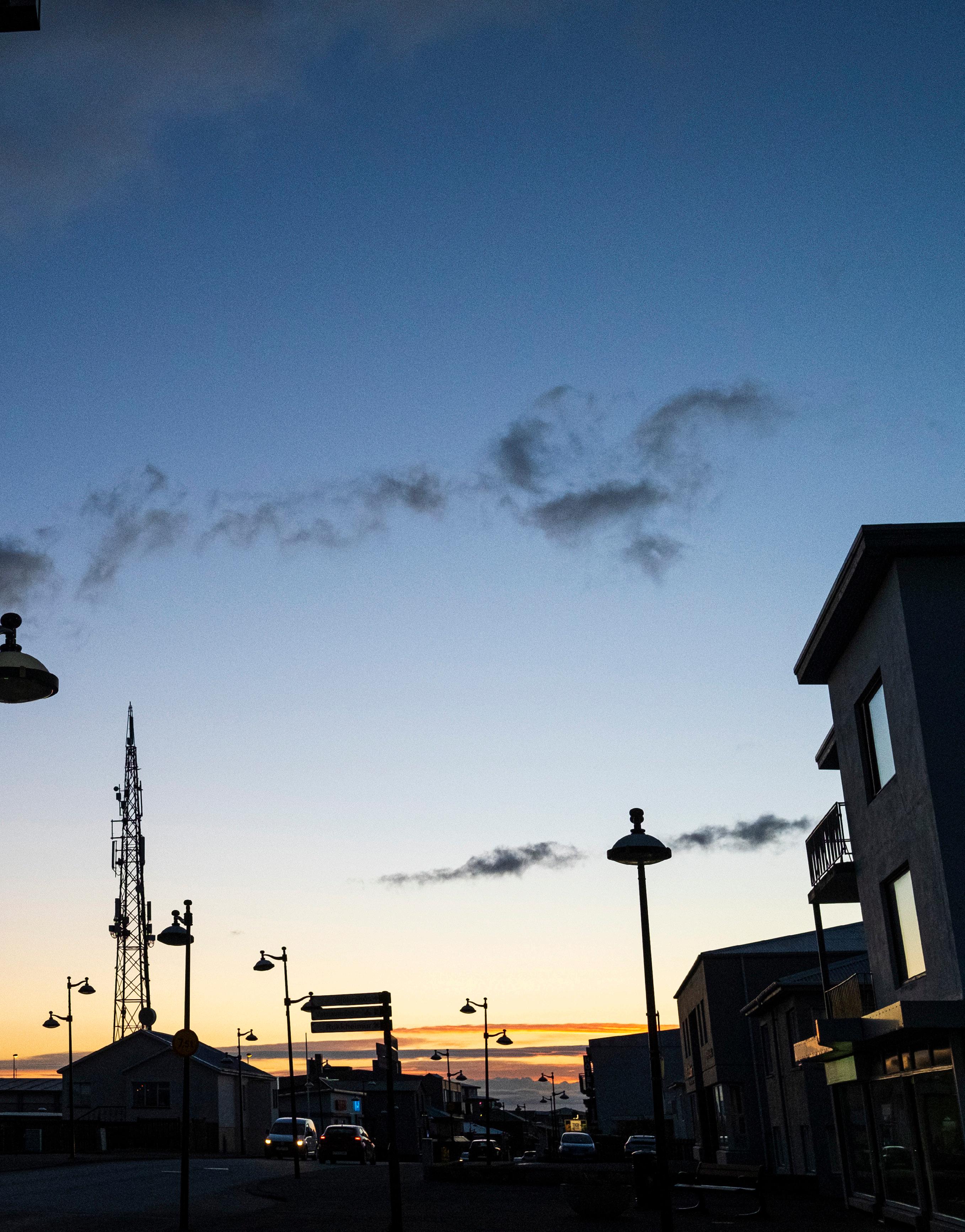
3 minute read
NEWS IN BRIEF
Photography by Golli Words by Jelena Ćirić & Erik Pomrenke
01 Unbeaten in European championships
Iceland’s national football team did not advance beyond the group stage of the 2022 UEFA European Women’s Football Championship. The team landed in third place in their group after tying 1-1 in all three of their matches – against Belgium, Italy, and France. Team captain Sara Björk Gunnarsdóttir told RÚV that she is proud of the team’s efforts, though the result is disappointing.
Tying against three of the best national teams in the world is certainly nothing to shake a stick at. Particularly impressive was the result of the team’s match against the French team, which had won their previous 17 matches and only lost one of their last 33 games. “We showed character and gave the French a proper match today,” Sara Björk stated in an interview after the game. “We were playing against one of the best national teams in the world and we had a damn good chance. It was a great game. Our best one in the championship. Unbelievably proud of the team and the group.”
Though the team’s fans may be disappointed by the result, it can still be seen as an improvement from the last UEFA Women’s Championship, in 2017, when Iceland lost all of its matches. The team’s members expressed gratitude for the broad support they received from their fans. 02 Shifts on housing market
The total value of real estate in Iceland increased by almost 20% between 2021 and 2022. The latest property valuation figures were released by Registers Iceland on May 31, translating to higher property fees for owners. Some municipal leaders across the country have stated they will respond by lowering fees. The value has never risen more in a single year, though changes across the country vary, with the highest rise in Fljótsdalshreppur district (38.9%) and the smallest in Dalvíkurbyggð municipality (6.2%). Property valuation in the Reykjavík capital area increased over 20%.
In July, state and municipal governments reached a major agreement in which they committed to expanding the supply of housing by 35,000 units over the next 10 years. The decision came in partial response to a working group formed last year, which highlighted the need for both social housing and affordable housing in Iceland. The working group emphasised the nearlyunprecedented explosion in housing costs over the last two years and the need to increase housing supply in order to insulate low-income households from the effects of the real estate market.
Sigurður Ingi Jóhannsson, Minister of Infrastructure, stated that a major goal of the new agreement is to protect residents from the large fluctuations that have characterised the last years. These fluctuations have especially impacted first-time homebuyers, who are having difficulty entering the market because of ballooning prices. 03 Tourism back in full force
Tourist numbers are up in Iceland following two difficult years. In July, Statistics Iceland reported that overnight stays in Icelandic hotels had nearly tripled in comparison to the same time last year, with international tourists making up 79% of customers. Locals and foreign tourists have remarked on rising accommodation costs, some claiming that rising prices raise questions of ethics and greed. Managing Director of Kea Hotels’ sales and marketing division attributed the rise in price to the global pandemic, supply chain shocks, inflation, and increased numbers in tourism.
This sharp rise in demand has contributed to a worker shortage in Iceland’s tourism industry. While there were over 33,000 employees in the industry before the pandemic, many of those workers have not returned to their jobs. Staffing shortages are expected to affect the restaurant and hotel sectors in particular. Jóhannes Þór Skúlason, Director of the Icelandic Travel Industry Association, estimated that between 7,000-9,000 workers would need to be hired this year and next year in order to meet demand.
Despite many challenges, Iceland’s tourism industry is set for continued growth, and that has not gone unnoticed. In July, German airline Condor announced it would begin operating direct flights from Frankfurt to Egilsstaðir, East Iceland, and Akureyri, North Iceland, in the summer of 2023. Currently, Egilsstaðir is only serviced by domestic flights, while Akureyri has limited, seasonal international service to London, Copenhagen, and Tenerife. As both towns have developed airports and other tourist facilities, the hope is that this new service will further open these regions to travel.










